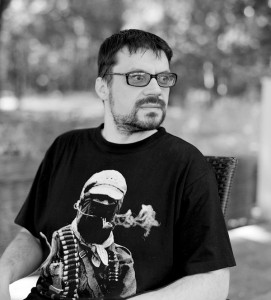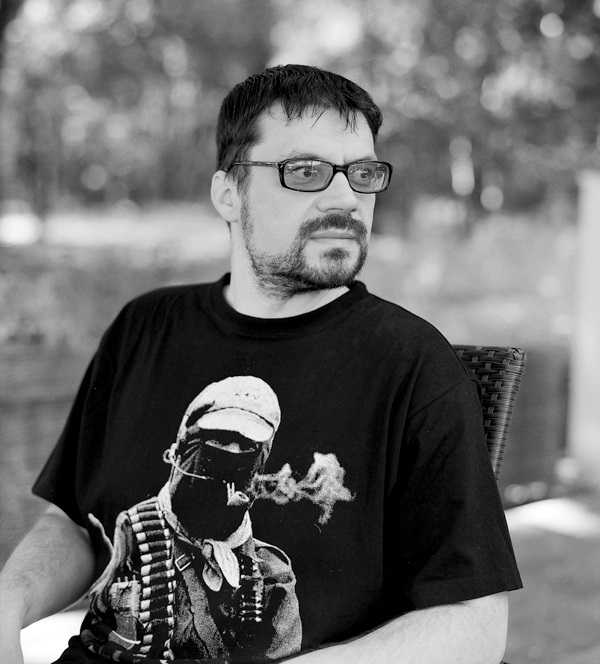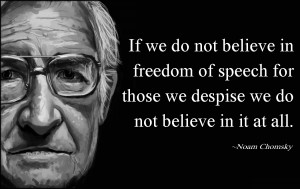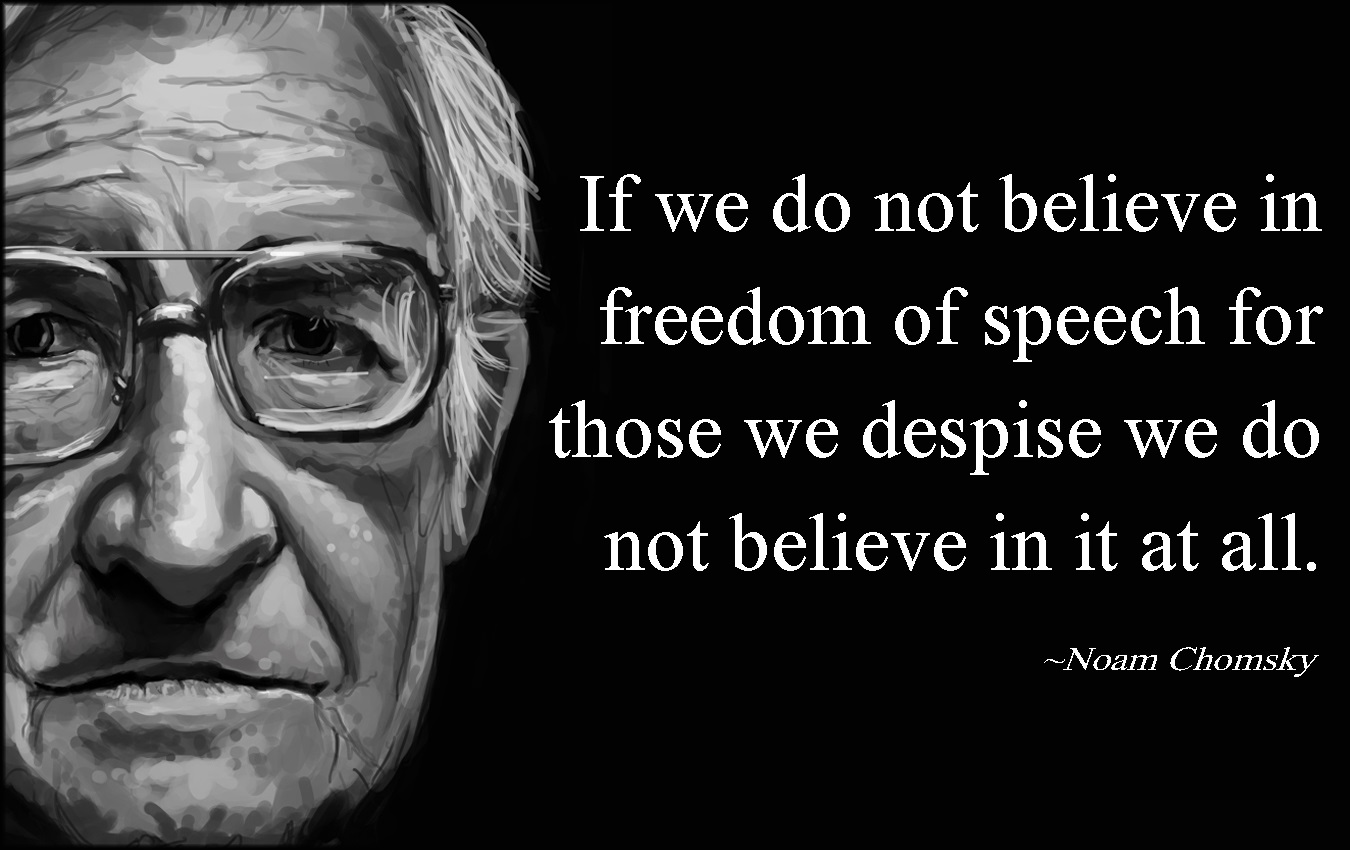Speculation about the decline of the West is controversial, albeit intellectually intriguing. It has been attracting people from all walks of life, but especially those with bohemian and mystical leanings, from Filippo Tommaso Marinetti to David Bowie. Whole music styles have never stopped exploiting the idea as material for musical pieces – the most notable examples being Neofolk and Martial Industrial.
What are the first names that pop into your head when thinking about the concept? I believe that for the majority of people familiar with the idea these are probably Oswald Spengler, René Guénon, Julius Evola, Alexandr Dugin and other thinkers who have linked the issue of Western decadence to the more general topic of the crisis of Modernity.
To me, the decline of the West means something quite different. Actually, the use of the concept depends on which values one considers to be genuinely Western and European. Are these the ones that prevailed in the medieval era, during the Dark Ages? Or are they rather the ones brought about by the Age of Enlightenment? To traditionalists, they are those of the former; to Enlightenment radicals such as myself – definitely those of the latter.
Moreover, I am highly enthusiastic about the process that the Western world went through during the second half of the 20th century. On the one hand, there was a straight line of heritage from the Enlightenment breakthroughs and, say, the events of May 1968. On the other hand, the ’68ers didn’t leave the Enlightenment tradition unaltered: it was democratized, humanized and, as conservatives are likely to argue, “perverted”.
Let me be clearer on this point. The West has undergone a number of fundamental changes on its way to progress. My argument is that among such turning points were radical and emancipatory transformations over the period 1960-1970, which, I believe, have to be given the same importance as the Renaissance and the Enlightenment. Unfortunately, this period is underrated and still not assessed properly, but actually it changed everything.
The Renaissance introduced civic humanism, satire, grotesque and bawdy jokes into politics. The Enlightenment became a source of critical ideas and raised the issue of the centrality of freedom, democracy and reason as primary values of society – as opposed to the divine right of kings or traditions as the ruling authority.
However, until the events of 1960-1970, the benefits of progress were largely spread among noble representatives of the so-called civilized world. The West was arrogant in its dealings with the rest of the globe. Privileged racial and cultural majorities in Western countries showed little respect for the cultures of minorities and powerless groups.
The cultural – or rather, countercultural – revolution that started around 1964 and lasted into the 1970s shook the foundations. It was a fascinating time of mixing the real and the imagined, a time of obsession not just with freedom and diversity of views, but also with providing space for the voiceless to be heard, with enabling subaltern groups to speak out freely and fearlessly. Meanwhile, thinking outside the box became a trendy thing to do.
Much of this has changed from those marvellous days, and not for the better. Today I am observing the return of the dictatorship of a single truth. To trace a trend line, it is enough to look at how contemporary events in Ukraine are portrayed and interpreted in the major media and public debates of the West.
For a long time, I have been a loyal reader, watcher and listener of the Western media. As recently as couple of years ago, I felt a kind of gratitude to the free Western press for providing me with opportunities to find diverse perspectives easily and quickly on issues of particular interest to me. At that time, it was already evident that the media in the West were not as revolutionary and critically minded as they had been, say, two decades back. But over the past year, all this world of free and diverse opinions has broken down completely.
Those who say that there are no alternative views and opinions at all in the West’s informational realm are either unfamiliar with the matter or too lazy to look for such views and opinions. For instance, regarding current events in Ukraine, plenty of alternative stands and thoughts can be found in authoritative elitist periodicals across the whole ideological spectrum, from Foreign Affairs to the New Left Review. The main problem is that all these alternative visions remain enclosed within the narrow boundaries of groups of scholars and intellectuals. They are just not reaching broader sections of society and therefore don’t have an impact on public opinion.
I really hate all the crappy rhetoric about a “fifth column”, “national traitors” and “foreign agents”, wherever it takes place. But am I the only one who is hearing such rhetoric in contemporary Ukraine? Am I the only one noticing there an unsavoury practice of breaking down the opposition and suppressing the diversity of voices by spreading an atmosphere of scapegoating and intimidation? Where are all these Western freedom fighters?
How many progressive, libertarian voices have been raised in the West in defence of journalist Ruslan Kotsaba, who is facing 15 years in jail for posting a video on YouTube stating a particular viewpoint?* Well, there have been some, but they have been like a mere drop in the ocean. Where, for example, is the voice of Bernard-Henri Lévy, a freethinker and “freedom-obsessed rebel” who has never tired of boasting of his familiarity with Ukraine’s affairs?
We all have heard about the consequences for pianist Valentina Lisitsa because of her “belittling, insulting and disparaging” tweets. OK, if a reaction like this is possible in a Western “free speech paradise”, I am just wondering why no one has been punished there for tweets full of ethnic slurs and derogatory terms like “mongolokatsap”, “kolorad” or “vatnik”?
The recent assassinations of Kiev’s political opponents, including the prominent Ukrainian nonconformist Oles Buzina, seem to get the famous Russian dissidents Artemy Troitsky and Dmitry Bykov to change their minds about the current regime in Ukraine.** Given this, I bet that no one in the West will any longer invite them to comment on the subject.
Instead of providing a platform for lively debate between different voices and clashes of ideas, the contemporary West goes out of its way to lend credibility to certain points of view at the expense of others. I despise brainwashing campaigns, wherever they come from: Ukraine, Russia, the U.S., Syria, Latvia, anywhere. But it is increasingly obvious to me that Noam Chomsky is right when saying that, if the U.S. wants to study the “weaponization” of the media, it should study itself.
I am a fan of the U.S. Constitution’s First Amendment. My understanding of it is that you should not really fear the consequences of being honest. Well, perhaps, in the worst-case scenario, you may be exposed to public contempt, someone may snub your handshake offer and you may not even get approved for a certain job; but nobody can put you behind bars because of your arguments and no one can tell you to shut your mouth. And I have never ceased to be inspired by the quote from Oliver Wendell Holmes that the principle of free thought means “not free thought for those who agree with us but freedom for the thought that we hate.”
The current “we are necessarily right about everything” approach is killing both the spirit of the First Amendment in the U.S. and the remains of freedom of speech in Europe. The struggle for subaltern voices to be heard has been reduced to (in fact, replaced with) “progressive” anthropological studies on indigenous communities and “humanitarian” technocrats’ missions to underdeveloped countries. The West is increasingly rejecting the revolutionary heritage of 1960-1970, actually siding with the identitarian movement’s war against the ’68ers.*** The decline of the West seems well underway, which means that an era of doom and gloom is approaching. Is there any place in the world today where we – Enlightenment radicals – can freely express our thoughts?
Dr. Andrey P. Berdnikov




